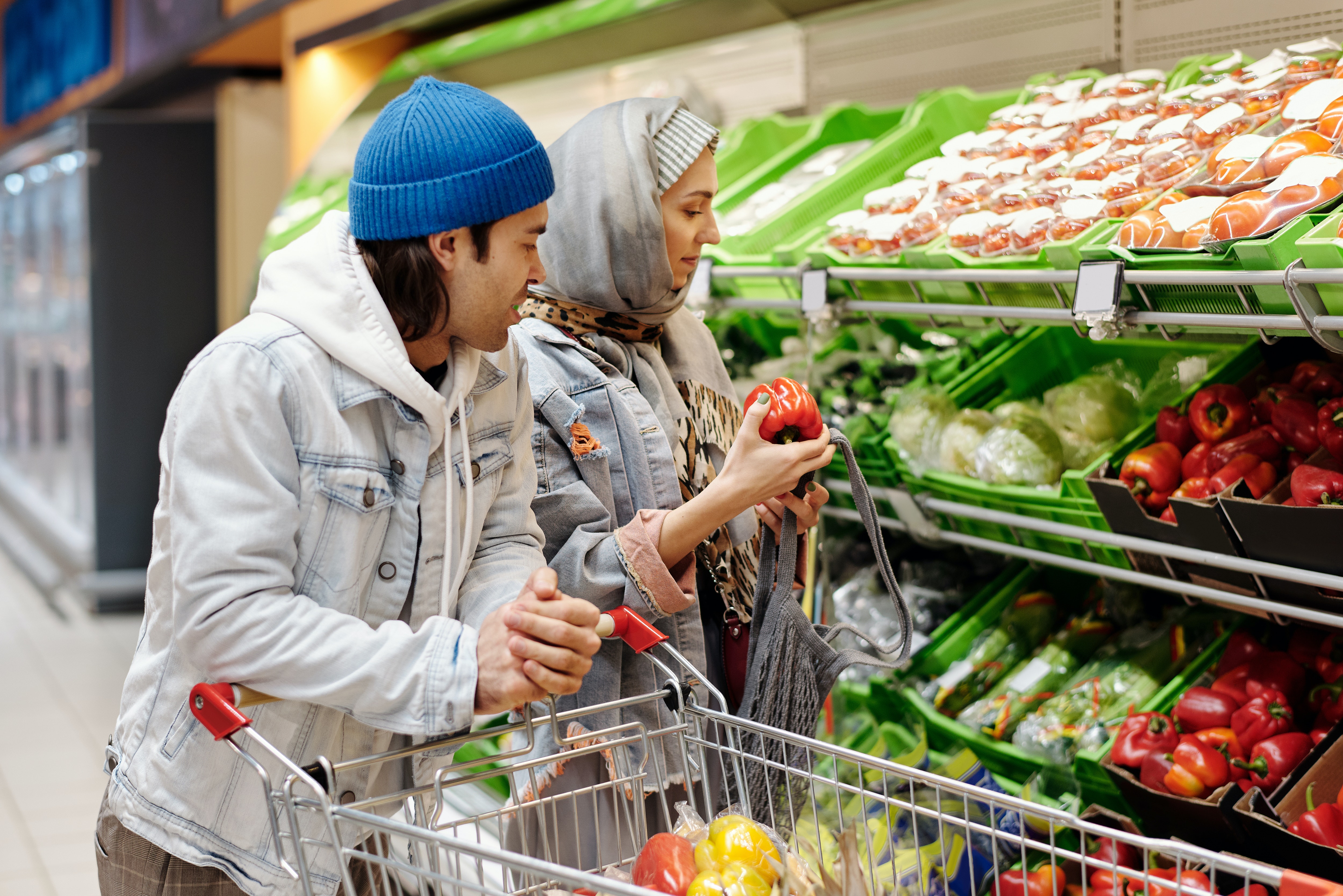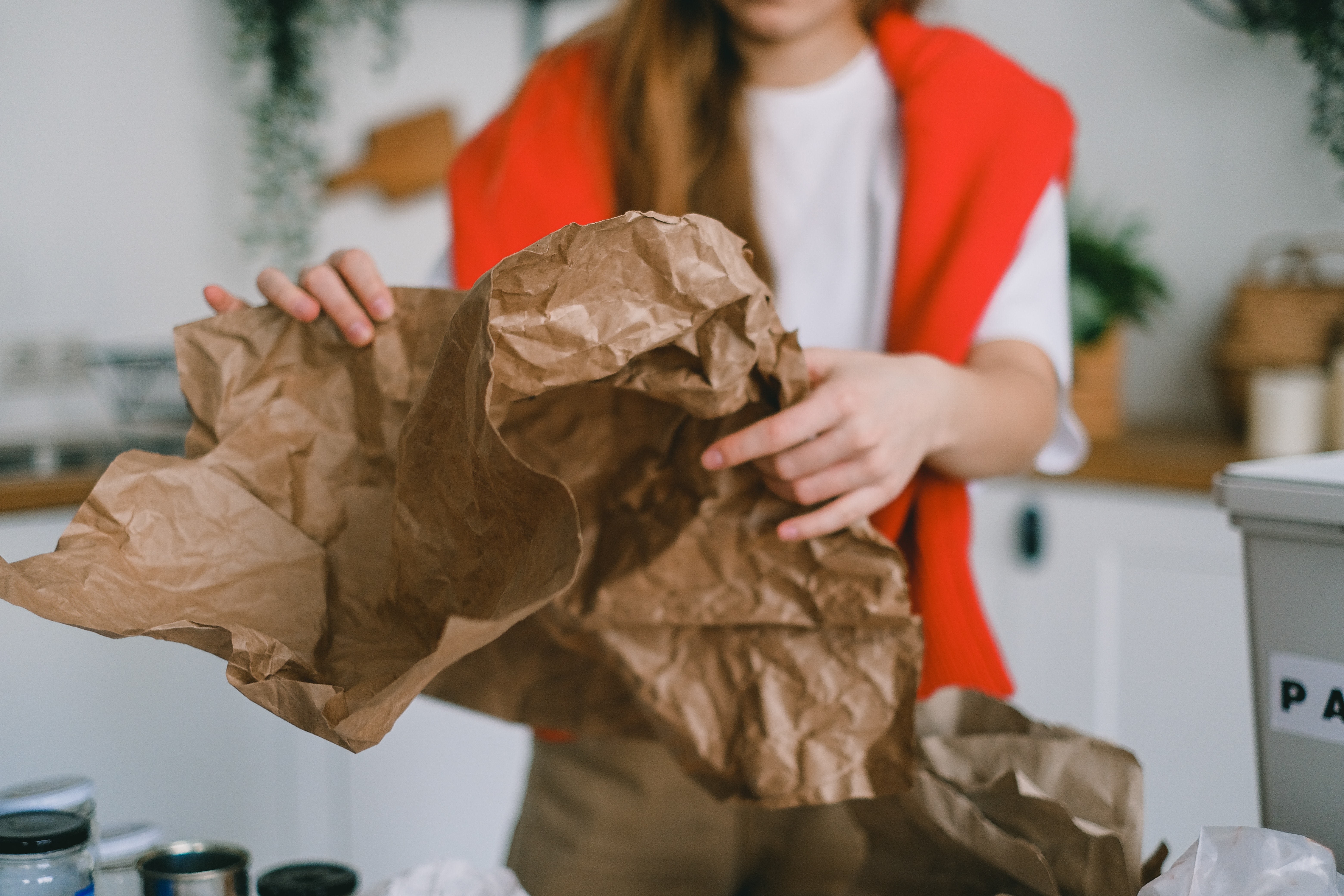Breaking Down the Bias: Unpacking the Complexity of Sustainable Choices in Packaging
A research blog post on perceived sustainability by Tim Döring, an Assistant Professor at Marketing and Supply Chain Management Department.
Sustainable choices are often more complex than we think — even when they seem crystal clear, our intuitions about sustainability can be wrong.
Take something as simple as buying a cucumber — in or without plastic wrap. Choosing the cucumber without plastic wrap seems like the more sustainable option. Plastic wrap does indeed add to the environmental impact of the cucumber. However, the additional environmental impact of the food waste created by not wrapping cucumbers outweighs the impact of adding the wrap by about five to one! Similarly, some studies suggest that coffee pods — the epitome of wastefulness — are more environmentally friendly than regular filter coffee. Lastly, if you use an organic cotton tote over a plastic shopping bag, you might have chosen the less sustainable option — unless you reuse the cotton tote at least 20,000 times.

Estimating the environmental impact of products is a difficult endeavor and consumers are often not equipped to make these judgments. Instead, they rely on intuitions, so-called heuristics, to simplify a complex choice environment.
In our latest paper, "Paper Meets Plastic: The Perceived Environmental Friendliness of Product Packaging", we show that consumer perceptions of the environmental friendliness (PEF) of product packaging may systematically deviate from its objective environmental friendliness. Consumers judge plastic packaging with additional paper as more environmentally friendly than identical plastic packaging without paper. This perception is driven by two mechanisms. First, consumers tend to simplify complex environments by using categorical thinking: paper is good, and plastic is bad. While this categorization may seem entirely reasonable, it can skew environmental friendliness judgments. As such, consumers believe that adding "good" paper to "bad" plastic increases the overall environmental friendliness of the packaging. That is, while potentially necessary plastic packaging is perceived as "bad", adding potentially unnecessary "good" paper packaging shifts the perception of the overall packaging from bad to good. Paradoxically, this proportional thinking makes consumers believe that the more paper is added to plastic, the more environmentally friendly the packaging becomes. Our studies also show that consumers with the greatest environmental concern are biased most.

One of the most exciting aspects of the research is an intervention we developed to mitigate the PEF bias. A "minimal packaging sticker" increases the environmental friendliness perceptions of plastic-only packaging, making plastic-packaged products preferable to their plastic-plus-paper-packaged counterparts. This sticker is not aimed at increasing the perceived environmental friendliness of plastic packaging but rather at reducing the erroneous belief that additional paper increases the overall environmental friendliness of product packaging.
The research is valuable for business and sustainability scholars. By understanding how consumers perceive environmental friendliness, companies can create packaging that is both sustainable and appealing to consumer preferences. Policymakers can also use this research to develop interventions that encourage sustainable behavior.
Tatiana Sokolova, Aradhna Krishna, Tim Döring, Paper Meets Plastic: The Perceived Environmental Friendliness of Product Packaging, Journal of Consumer Research, 2023, forthcoming, https://doi.org/10.1093/jcr/ucad008 is currently available as an advance article.
Also read
-
How do plants make their secret weapons? Clever new tool helps scientists to find out.
Dutch scientists created MEANtools, a smart tool that reveals how plants make specialised compounds, reducing lab work.

-
Alum provides financial and employability support for young students
From the very first day of their master’s programme, SBE students Can Temiz and Mamadou Jabbie have had both feet planted firmly in the professional field. They are supported by scholarships from LKPU, a boutique German firm specialised in management consultancy. They receive mentoring and support...

-
Riding the waves of change: From a summer vacation to a life that feels as good as it looks
For SBE alumna Victoria Gonsior, one spontaneous decision: trying surfing sparked a journey of self-discovery, leading her to redefine success, embrace joy, and build a career that aligns deeply with her values. From quiet beaches in Sierra Leone to coaching sessions rooted in purpose, Victoria...